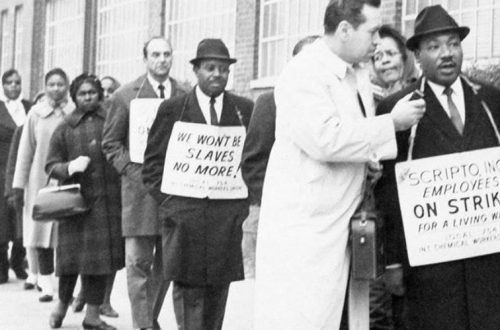67.8m will be paid out to former Woolworths staff following a ruling that the administrator called in by the store had failed to consult with USDAW before issuing redundancy notices. (Under the Trade Union and Labour Relations (Consolidation) Act 1992 (TULRCA) it is the legal duty of employers to consult unions before taking such a step.) USDAW seems to have done a good job in standing up for the rights of its members, and winning compensation to which they were clearly entitled. I’m sure this is exactly the kind of support most trade unionists hope for from their unions.
I note that Andy Newman has a slightly different view of the function of trade unions. I’m sure he genuinely thinks this is the way to achieve the greatest benefit for union members, but it’s not an approach which appeals to me:
There is no doubt that the increased professionalism of trade unions in using the law, in representing members through case work, and in sharing best practice across employers has benefitted both harmonious industrial relations, and also improved working conditions for members. However, it also means that there is inertia that makes shifting towards industrial action more difficult.
It seems as though genuine improvements in people’s working conditions, and an environment in which unions and management can (at least up to a point) cooperate, are in some ways to be regretted because they fail to bring about particular political goals:
Industrial conflict involves an interaction between the activist minority and the broader mass of members in order to connect the latent potentiality for class conflict inherent in trade union membership with an immediate issue that the members feel aggrieved about
goals which, as Andy Newman acknowledges – “For example, I understand that private polling by UNISON, revealed that a majority of even its own members initially supported the government’s cuts” – may simply not be shared by many members.
